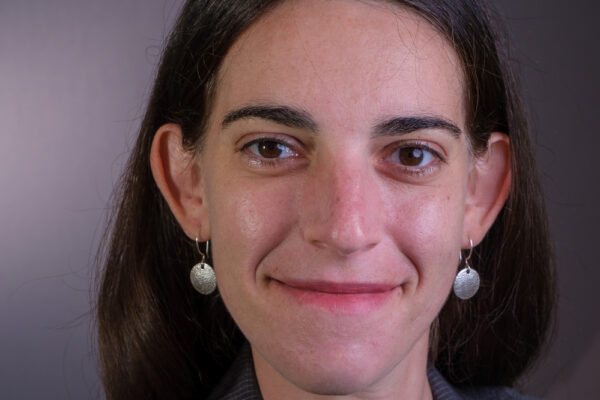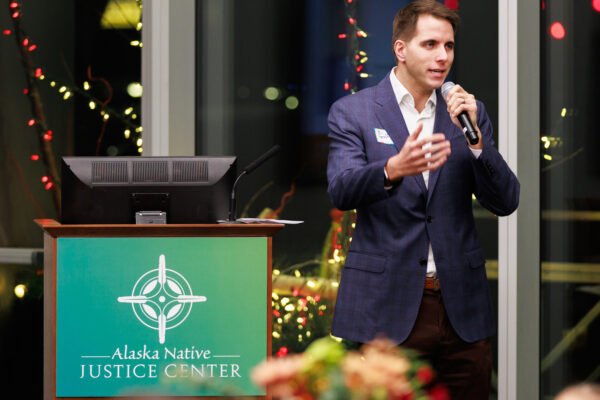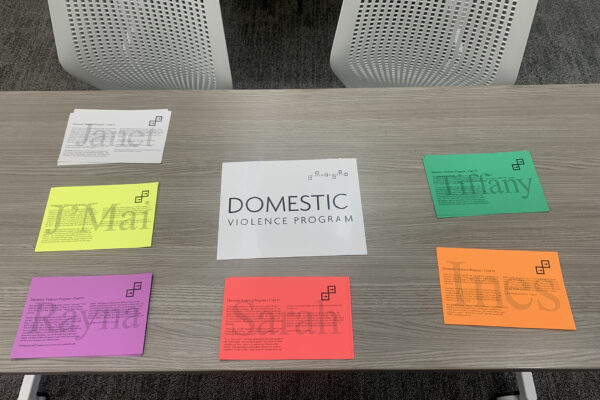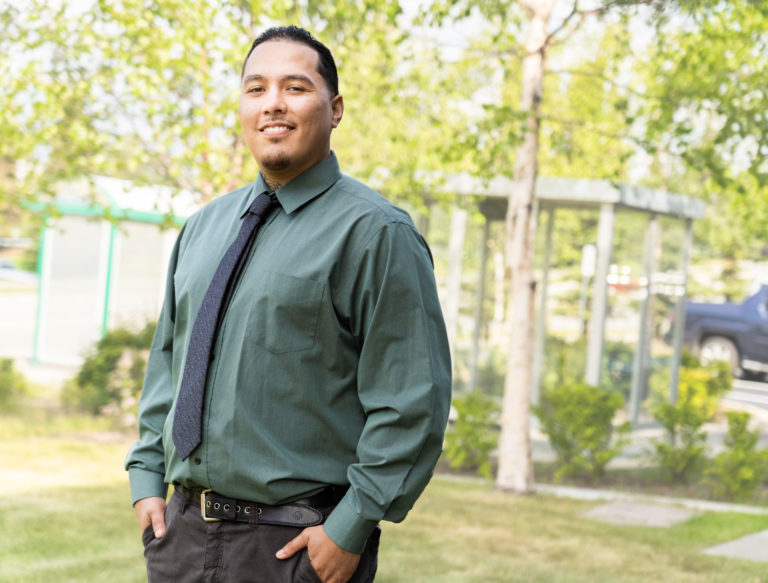
Losing Angel was the final blow.
“That was the worst,” Antonio Arroyo described. “I had five people close to me die in six months, and Angel was the last. She was my best friend. Only 26 years old. Cancer. That one hit me the hardest.”
Reeling from loss, Antonio turned to drugs.
This wasn’t the path his life was supposed to take. Antonio had a strong family. His parents had always emphasized focus on school, respecting his Elders, and honoring his Alaska Native and Puerto Rican cultures. Summers, his family would visit his mother’s home village of Tyonek for berry picking and fishing, drumming and dancing. He graduated Bartlett High, then immediately enrolled at UAA to earn a degree in automotive technology.
But Angel’s death sent him down a dark path. Jail. Drugs. Addiction. A clear message from his father: As long as Antonio continued to use drugs, he wasn’t welcome to live at home.
So Antonio did the only thing he hadn’t tried yet. He got help.
Heading Down a New Path
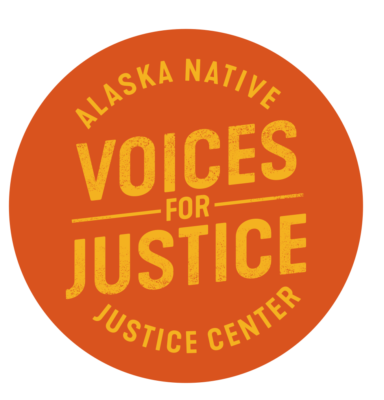 Jail was rock bottom. Antonio saw where his life was headed.
Jail was rock bottom. Antonio saw where his life was headed.
“I told myself, I’m going to help myself,” he said.
He started attending AA meetings while still incarcerated. He applied for food stamps and housing. He requested a transfer to the Cordova House on furlough so he could start working before his release and put away some money to support himself once his sentence had been served.
“Something in me was working, and that gave me the strength to move forward,” Antonio shared. “When the people around me saw I was putting in the work, they were there for me.”
A Helping Hand
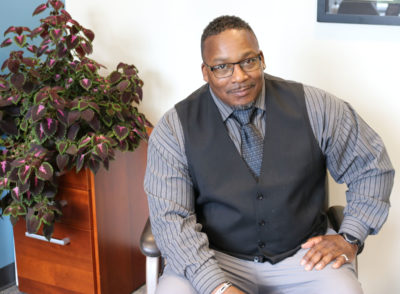
But there were bumps in the road. At one point, Antonio stopped attending AA and NA for a few weeks. Then he bumped into Benny Briggs, Reentry Case Manager for ANJC with the Alaska Native Justice Center (ANJC) who had been working with Antonio through the Moral Reconation Therapy (MRT) program at Cordova House.
“I saw him one day at New Life [Development],” Antonio recalled. “I felt bad because he had been helping me, and I had blown him off a little. That day, he told me to stick with it.”
“Once a participant realizes that he or she is one hundred percent responsible and accountable for their situation, MRT empowers them to create the circumstances they desire,” said Benny. “They will no longer be a victim of circumstance.”
In 2020, ANJC assisted 92 people as they completed MRT, which supports individuals who are seeking sobriety or rejoining society after incarceration. The program emphasizes conscious decision-making as a tool that leads to enhanced moral reasoning. MRT has demonstrated significant success in preventing recidivism; at ANJC, 65 percent of individuals who complete MRT stay out of prison for good — an impressive improvement over the statewide recidivism rate, which sees only 37 percent of previously incarcerated men and women staying out of prison.
Antonio had been relying on himself for a long time. But Benny and MRT showed him that sometimes, you need to let others help you, too. When he transitioned out of Cordova House, he stuck with MRT, coming to ANJC to continue his work with Benny.
“Benny had told me, he’s been to jail, too. He knows what it’s like. He’s not someone who doesn’t understand my struggle,” Antonio said. “One thing that struck out to me, working with Benny, is — why would I want to go back to jail to live with some other in a toilet room? I’d rather have my freedom.”
A Change for the Better
In the meantime, Antonio was determined to get back on the right path. Despite the COVID-19 pandemic, he landed a job at Burger King.
“Staying busy was part of my success plan to stay out of trouble and stay off drugs,” he said.
MRT gave Antonio a sense of direction and a strategy for success.
“You write down all your goals and what you’re going to do to get there,” he elaborated. “Those little things, those daily objects throughout the process, those helped me achieve so much more.”
MRT also taught Antonio to pay attention to how he spends his time. This conscientiousness showed in his work ethic, and soon his superiors at Burger King offered him a raise. Not long after, Antonio was promoted to shift manager.
“Life today is great for me,” he said. Now almost one year sober, Antonio is back in school, working toward his degree in automotive mechanics. He owns his own vehicle, and he’s living in transitional housing while looking for his own place.
Maybe the biggest change, though, shows through how Antonio dealt with the news that both his aunt and grandfather died this year.
“Being sober, I was able to handle that a lot better,” he said. “I knew there was nothing I could do but honor their memory. And the best way to do that was to stay out of trouble. They would have wanted me to succeed.”

